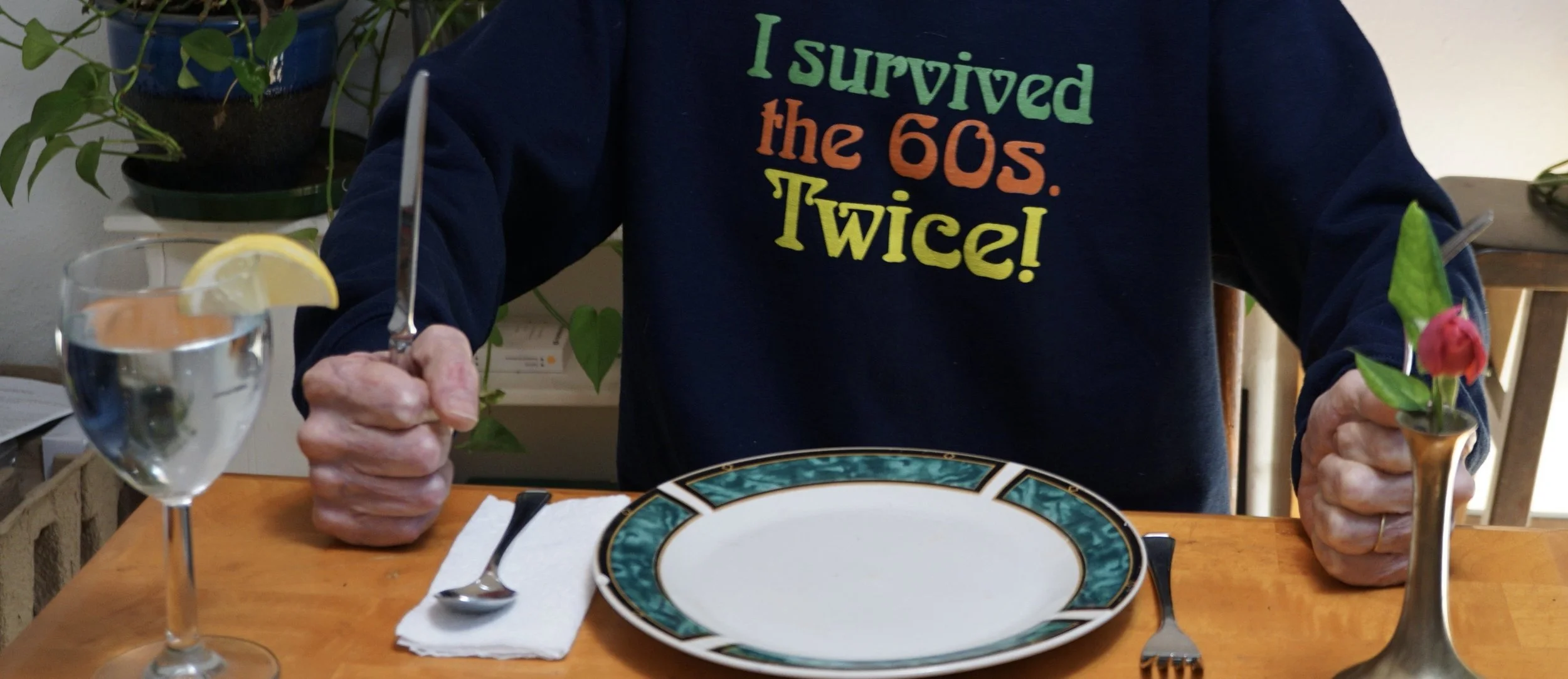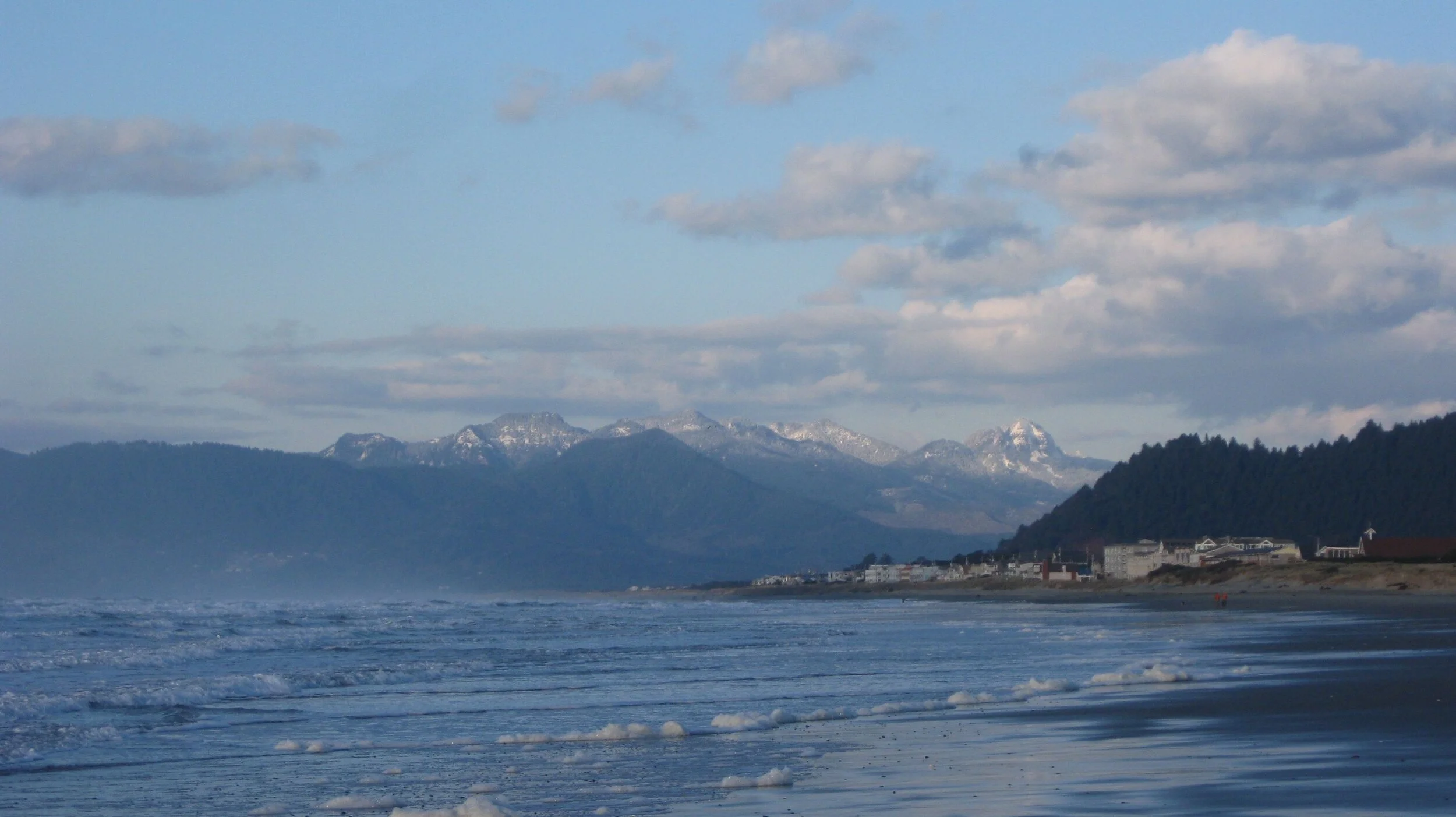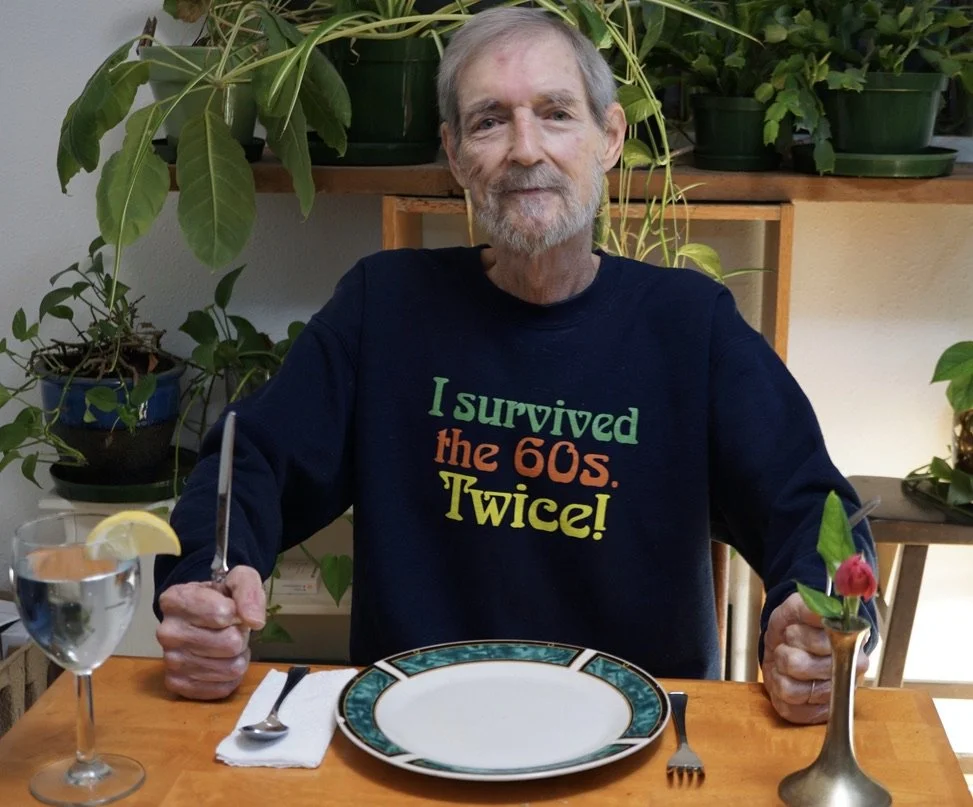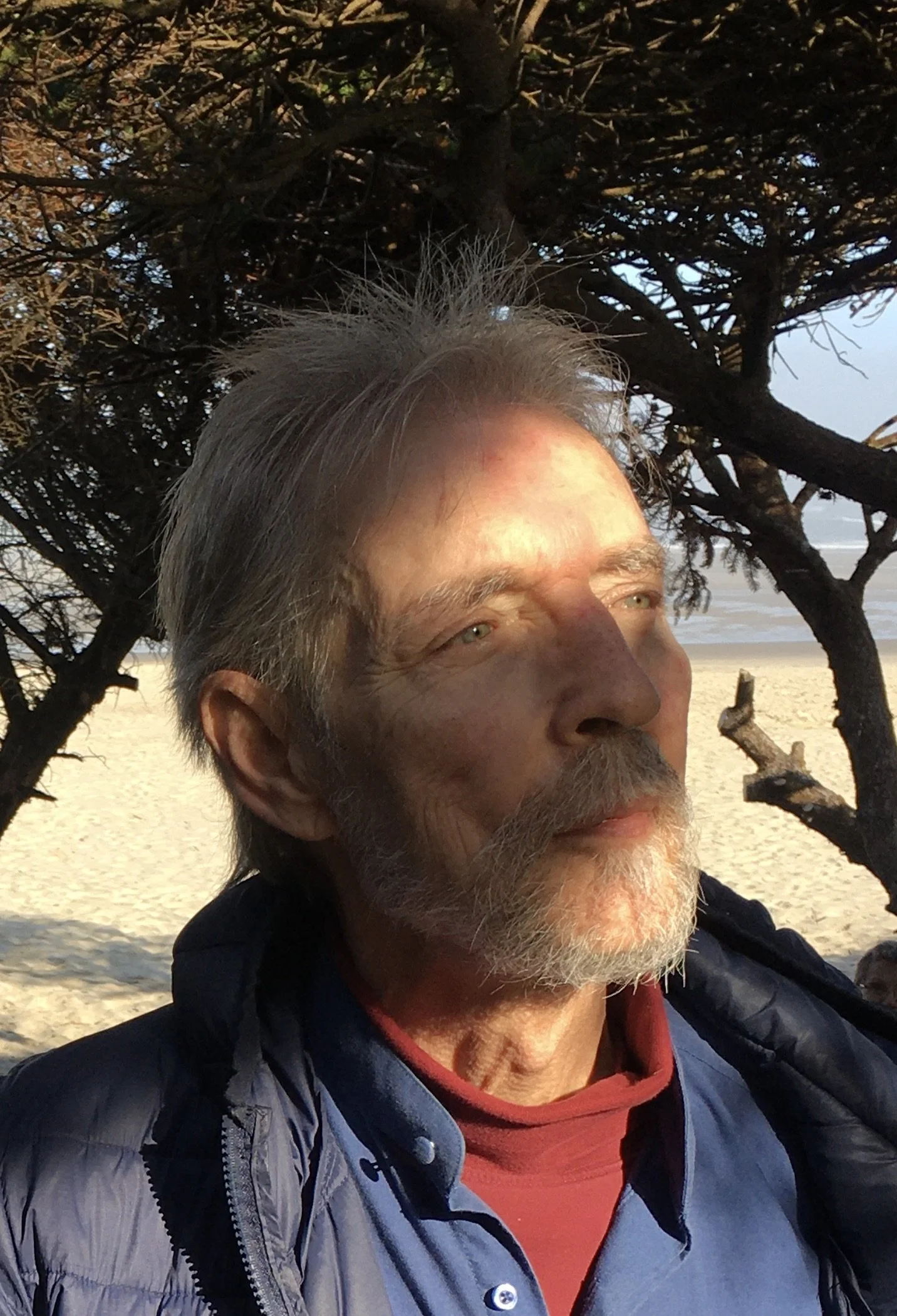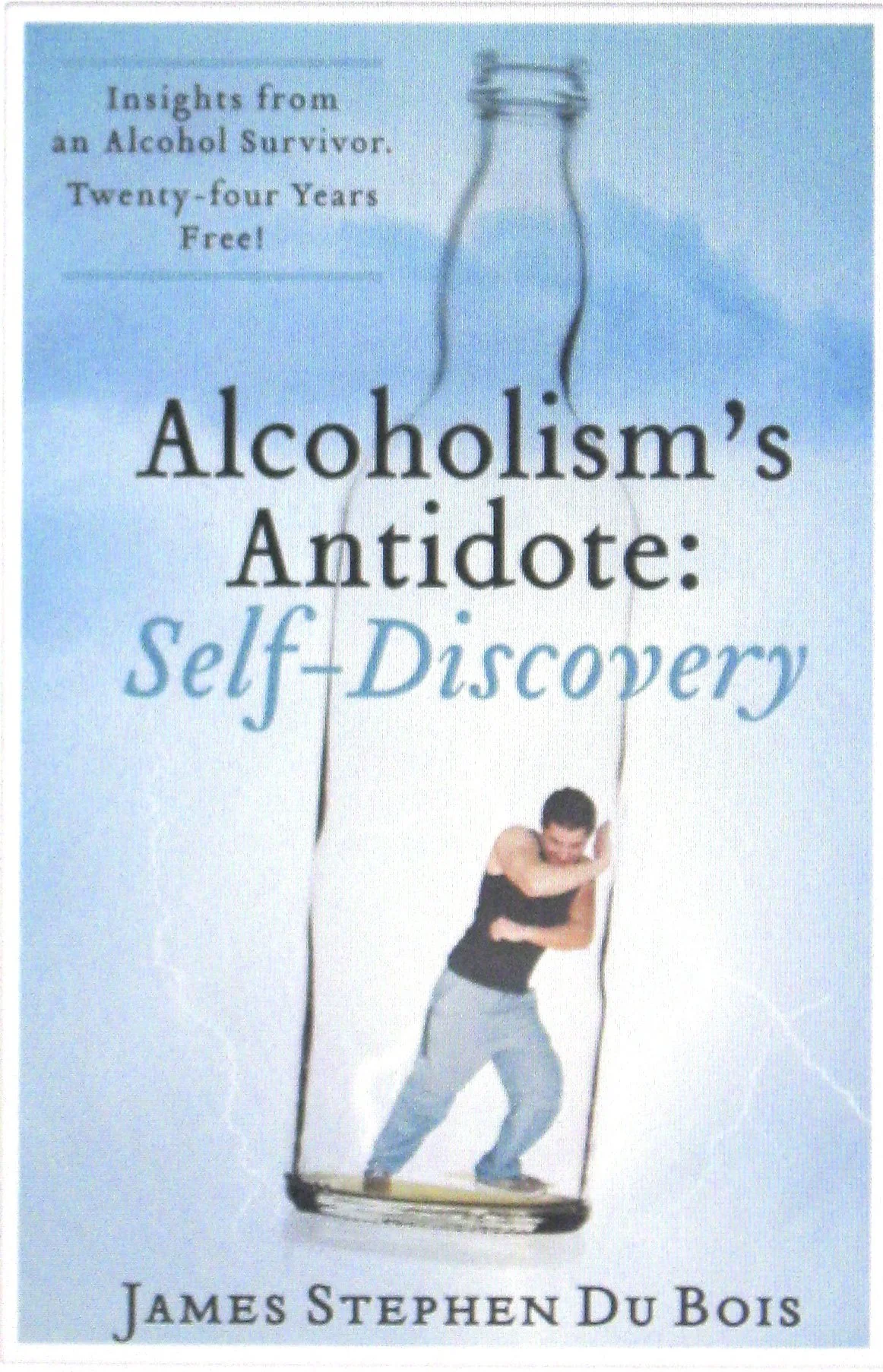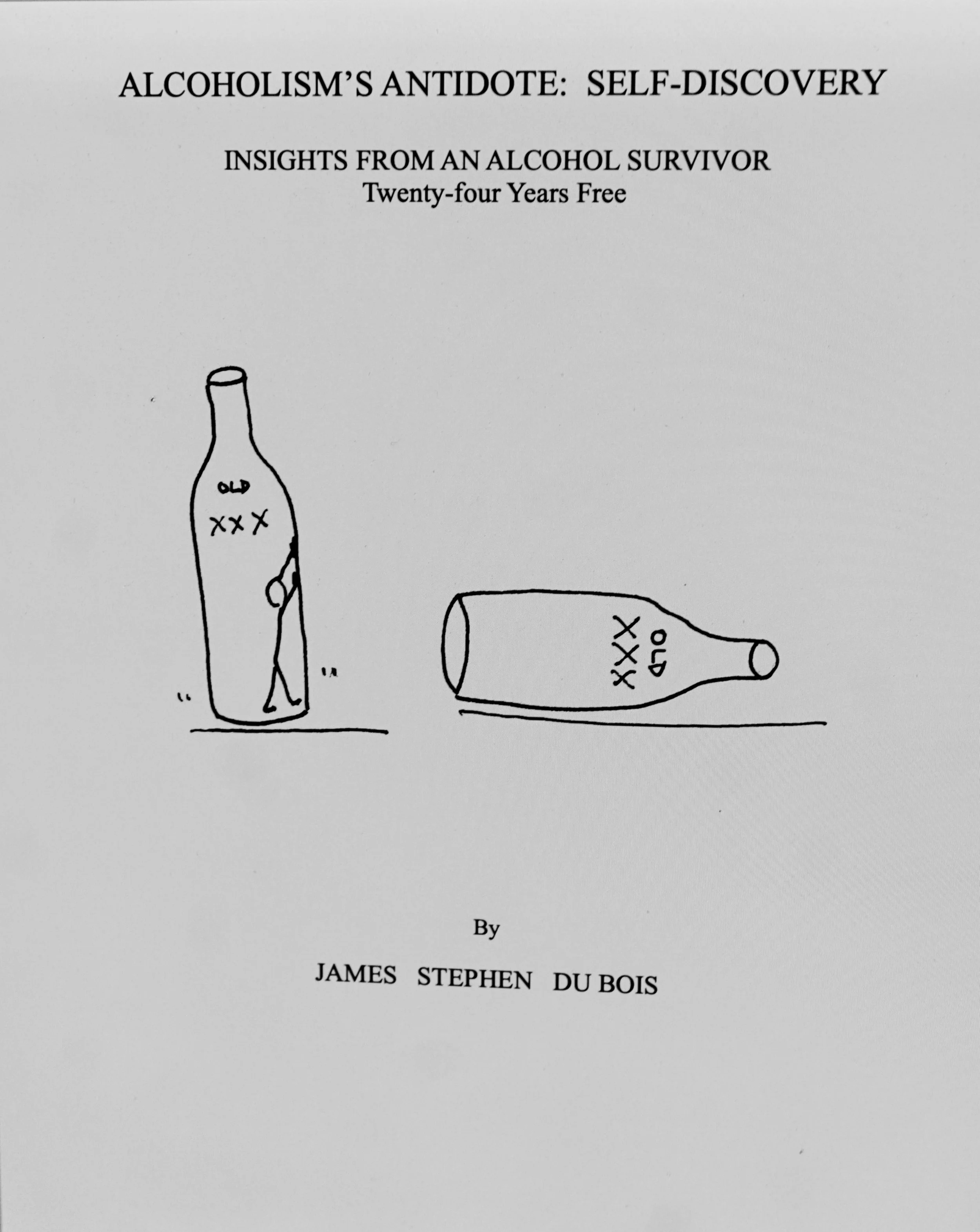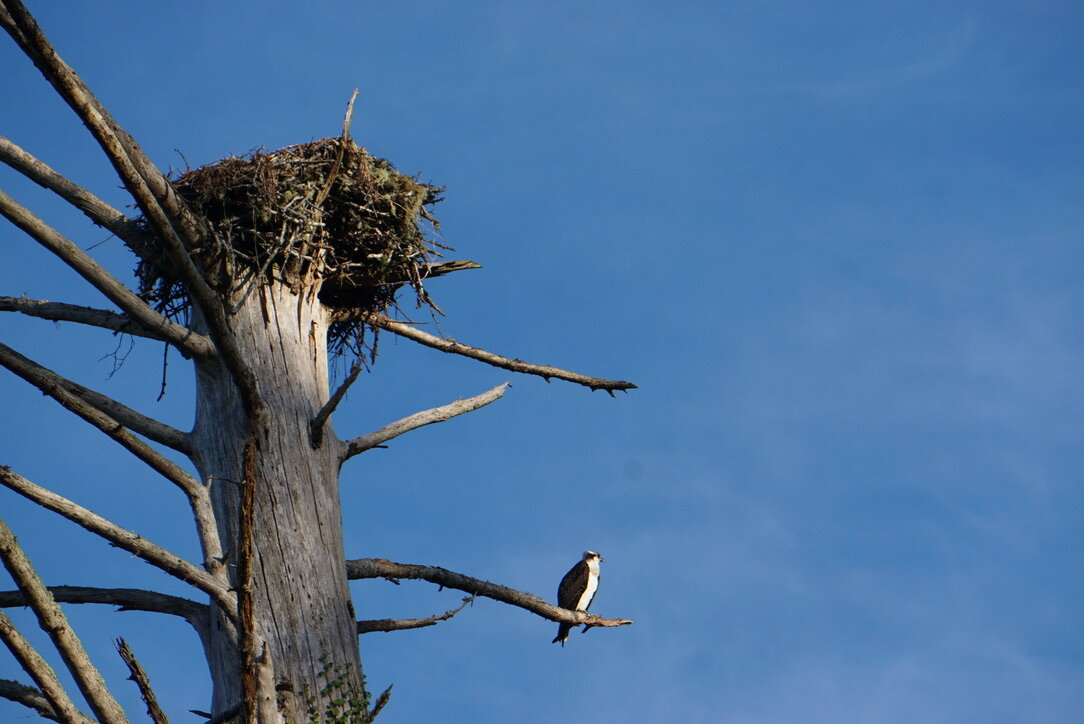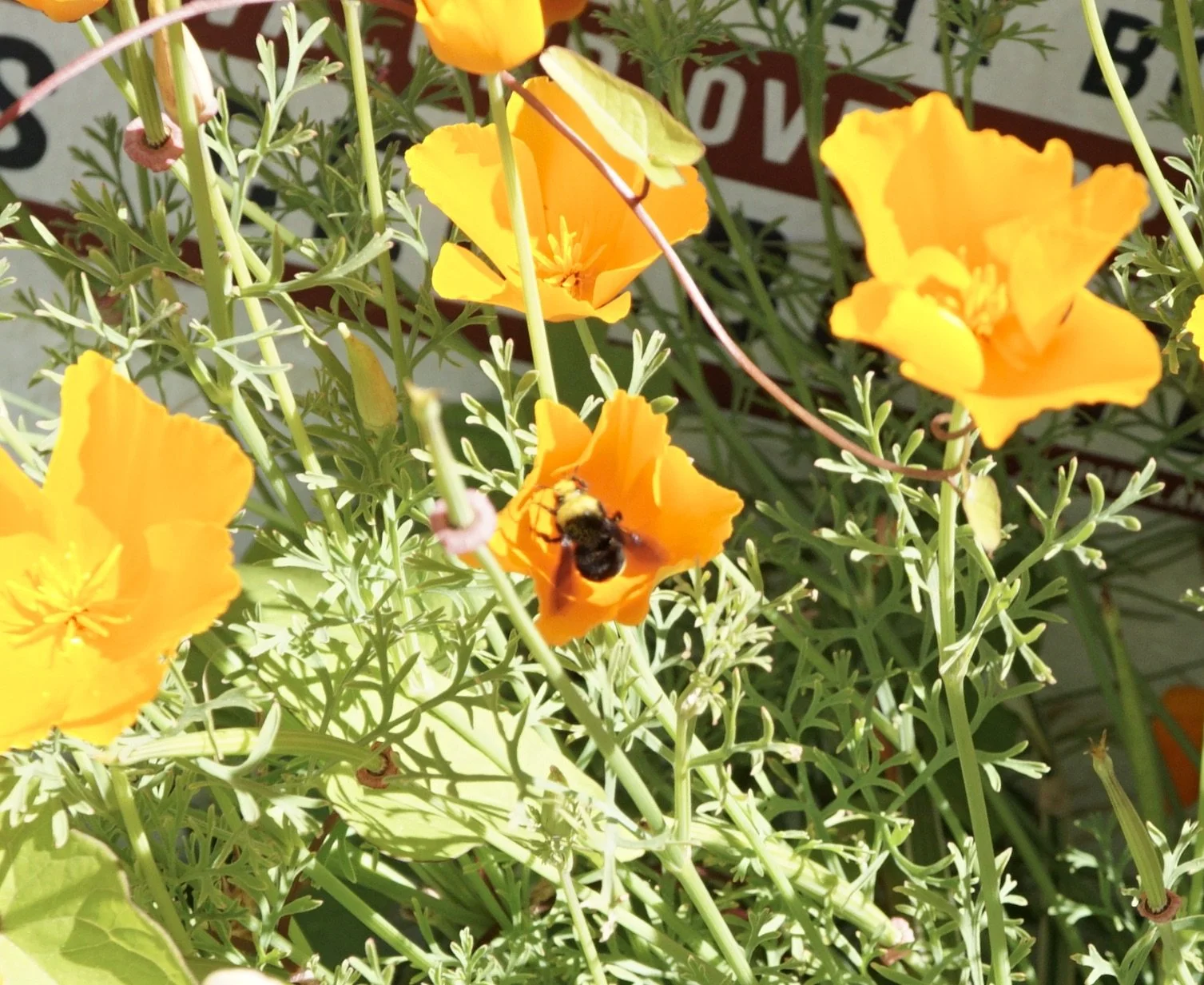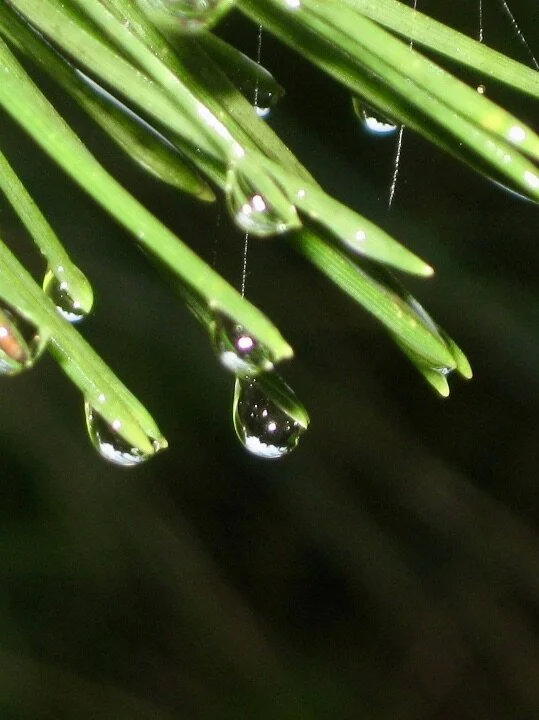“The longer I live, the better I feel,” is my mantra. Taking care of our bodies, minds and spirits is essential to remaining active, conscious, and truly alive.
Read More82.5 hours since my last bite.
Chew on this: I got up at 5:30 am with a ketone level of 14 out of 16 and weighing 123.6 pounds (BMI 18, just below normal weight for a man 5’ 9.5”). Boy, does my mirror image look skinny. I’ll have to get a photo so I can compare it to a picture of my new body in a year or so.
Read More7:30 am, December 16, 2021
At 8 am, it’ll be 60 hours since I chewed up and swallowed my last morsel. That’s 52 to 56 hours since my stomach has emptied. I’m already 1/2 way through my 3rd/24 hour food-free period. My weight is 124.4 pounds. I’m still losing and expect to continue to do so. I’d be lying if I claimed I wasn’t a little anxious about being a 5’ 10” adult human male well under 130 pounds, yet I remain committed to tearing down my old, rusty, decrepit physical structure before building up my new, bright, strong, healthy one. My body is undergoing a self-cleaning and I am the better for it.
I remain food-free for extended periods of time to give my digestive system a rest and the rest of my body a chance to do a little housekeeping, attend to some overdue maintenance, and begin work on some highly anticipated remodeling.
While humans evolved up to the point of civilization without eating three meals every day or even once every day, many modern Homo sapiens, especially in rich countries, never leave a fed-state, even if they can get themselves to stop snacking until their next full-blown meal. Let me explain what I mean by a fed-state.
We have been told, and have experienced, our whole lives that the human body is a miraculous creation. Boy, howdy! Recent discoveries have uncovered secrets of hormone regulation, self-maintenance, healing and rejuvenation that our body calls upon to cure itself, if we help it by not interfering with the process. Sources for the information I am sharing are listed at the end of this piece.
Read MoreOn the plate before me is the sum total of what I’ve eaten for the last 7 days and I am so much the better for it. This picture was taken 167 hours after my last bite of food. Look at that smile! Look at that clear complexion (due to autophagy)! Look, half my wrinkles are gone (due to gluconeogenesis)! This is not a picture of a starving man. Find out what autophagy and gluconeogenisis are and more and how you can kill cancer cells in your body using your body’s own mechanisms. For 168 hours my body was free of food and free to clean itself and begin healing 70 years of insults to it.
Read MoreDesire to Be Free Stirs.
It may be the result of physical consequences––accidents, DUI conviction(s), separation(s), divorce(s), illness(es)––or the psychological and emotional strain mounting to unbearable degrees, but at some point the voice of self-preservation is raised within the drinker who is going to free their body and mind from their addiction.
Read MoreAs you work through this book again keep rolling the following questions over in your mind and make note of the answers that come to you. The wisest ruminators of the ages have wrestled with these puzzles, and no one has yet come up with answers we can all accept. See what comes to you after you’ve pondered them again and again, after they’ve penetrated deeply into your consciousness. What answers will satisfy you?
Who am I? (If you ask only one question, ask this one.)
Read MoreFor those of you following this series, I offer the 6th installment in an 8-part serialization of my book, Alcoholism’s Antidote: Self-Discovery, Insights from an Alcohol Survivor, 24 Years Free!, Chapter Four, Facing Why You Began Drinking.
This chapter has the fewest number of words, but it may take the most time to complete, because it contains one of the toughest challenges with which you will be faced: looking deeply into your past. You don’t need this step to get sober, however I contend that you need it to stay sober and to move into your flowering stage.
Alcohol dependency is your main problem now, yet ignoring what led you to alcohol for relief in the first place is the best way I can think of to fall back into Ethyl’s seductive embrace and lose your last opportunity to make a positive contribution to this needy world.
Nurturing the Parts of You That Want to Live
Your desire to be alcohol-free is like a sprouting seed that needs to be tended carefully until its roots have taken hold and it can grow in strength and maturity, produce a flowering and ultimately, bear fruit. In this chapter we will explore ways to support the parts of you that want to live, that they might share the fruits of their energies.
Read MoreHow long detoxification will take and how difficult it will be for you will be determined by how much and how long you have been drinking. The longer you can hold out against the temptation to have a hangover-reducing drink, the sooner you will be free from the physical effects of withdrawal forever. This is where you need to rely on the parts of you that want to quit. Remember, even this too shall pass.
You may have to be bed ridden for a few days of puking and nausea and fasting. You may get the shakes so bad you can’t hold a glass of water, even if you could keep its contents down. I experienced a whole day when I couldn’t even keep the moisture from a melting ice cube in my stomach. It was days before I could keep solid food down. Hopefully, you haven’t poisoned your liver and blood as much as I did, and your detoxification process will be much easier than that. When things get tough remember that others have undergone this trial of withdrawal and have made it through.
If you have been used to such a high blood-alcohol level that lacking it you begin having hallucinations, or if the frequency of your puking hasn’t diminished after a couple of days, by any and all means get to the emergency room and tell them what you are trying to accomplish.
If your experience is closer to mine, you can expect symptoms that will remind you––again depending on your level of dependency––of the worst case of flu or food poisoning you have ever experienced. After a week you can expect the headaches, nausea and vertigo to have diminished substantially. I want to be very clear here, I am not claiming medical expertise. I am sharing my experience.
Read MoreIt can be filled with love and light and joy, but our soul can never be filled with drink, or drugs, or food, or even sex, or money.
Did you ever wonder what energy is behind your excessive drinking, or smoking, or other self-destructive substance abuse? It’s your mystery to find out. Perhaps these tools can help you.
As promised, today I offer Chapter One, Taking Charge as part three in the serialization of my book, Alcoholism’s Antidote, Self-Discovery, Insights from an Alcohol Survivor, 24 years Free!
Read MoreThe ideas in this book are for those looking for alternatives to the support commonly offered to individuals who seek relief from their addictions. I went searching for answers in AA, and through the group counseling that the traffic court ordered me to attend. I’m happy for anyone who finds success through these channels, or any others for that matter. They just didn’t work for me.
It is my experience that a daily mantram of “I am an alcoholic, circumscribes a person’s potential for growth, and encourages his or her dependency on the organization supporting such repetition. Don’t you want to get through the rest of your life without having to think about alcohol every day? Don’t you want to leave it completely behind you? Why bring up, every day, that for a period of your life, you were physically and psychologically diseased by alcohol? We don’t keep bringing up other diseases we may have had in our past such as measles, chicken pox and whooping cough, or the broken arm or leg we suffered. Why should anyone refer to him- or herself as an alcoholic when they don’t drink anymore? I can’t think of even one good reason to, and I can think of several reasons not to, so when appropriate––i.e. for this book––I refer to myself as an alcoholism survivor; just as people who have lived through cancer attacking their bodies are said to be “cancer survivors.” Yet, I don’t cling to that either. Let’s drop the alcohol completely and keep moving forward.
Read MoreA Prelude to Fasting
The main reason most people in our culture eat is for pleasure. It may be to please their taste buds, or to quell addiction’s craving, or simply to enjoy a pleasing habitual (Pavlovian) relaxation ritual called dinner. We certainly don’t eat primarily for nutrition, nor is it for the body’s health that we feed. I say this, because most of what we eat is wasted by our body’s inability to absorb all that we cram into it, and so much of what we stuff into it is harmful to us in the long run. In the short run, the onset of indigestion accompanies many of our gastronomical transgressions.
Dr Jamnadas tells us that 60% to 70% of what we eat is used to process the 30% to 40% our body does utilize of our meal. What’s the point of all of the additional eating? It’s just putting our digestive system through unnecessary work and keeping our bodies from performing optimally, or healing themselves.
Sir William Osler, “…one of the most brilliant physicians of modern time,” according to Dr. Bieler, says, “We are all dietetic sinners; only a small percent of what we eat nourishes us, the balance goes to waste and loss of energy.”
From another source, Bieler quotes: “Most of what we eat is superfluous. Hence, we only live on a quarter of all we swallow: Doctors live off the other three quarters.” That’s from an ancient Egyptian papyrus. Given the opportunity, humans have always flirted with, if not totally given themselves over to gluttony. And suffered the consequences in proportion to their indulgence in it.
Cat and I have reduced our food intake by a third in our first stage of fasting, “Intermittent Fasting,” simply by cutting out breakfast, and we have not lost any more weight than we wanted. We already lost all of our excess weight when we gave up carbohydrates—60 pounds between the two of us. It melted off quickly and with a lot less effort than we expected. We proved to our satisfaction that carbohydrates cause fat in the body and reducing them reduces it. We experienced this process in our own bodies and continue to unto this day.
A word about skipping breakfast, supposedly, “the most important meal of the day.” It is not. If you will follow these posts along you’ll find out why skipping breakfast will give you more benefits than eating it ever did.
Read MoreYOU CAN ONLY QUIT FOR YOURSELF
I’ve written this book, not to convince you to stop drinking, but to help you succeed once you’ve made the decision to do so. You already understand that alcohol is getting in your way, or you wouldn’t be looking for tools to help you quit. You already know what a negative impact drinking has had on your health and your life in general, or you wouldn’t be so troubled about your future. You already know that if you don’t quit abusing your body with alcohol you may not even have any future to worry about.
Read MoreWARNING!
If you start eating this dish you must avoid any additional carbohydrates. They will cause you to pack the fat in this recipe onto your body instead of burning it for fuel. Remember that your body will burn the carbs first and hang on to the fat for dear life. We can eat all of the fat we want because we use it for fuel and don’t shut down the process by introducing additional carbs into the mix.
Read More

